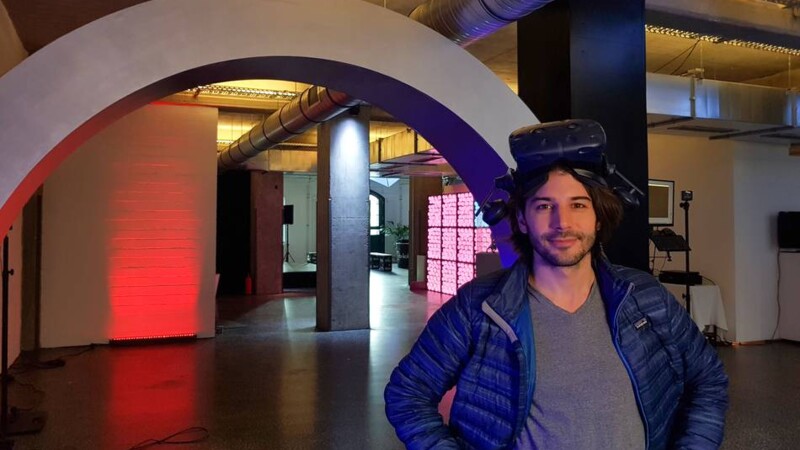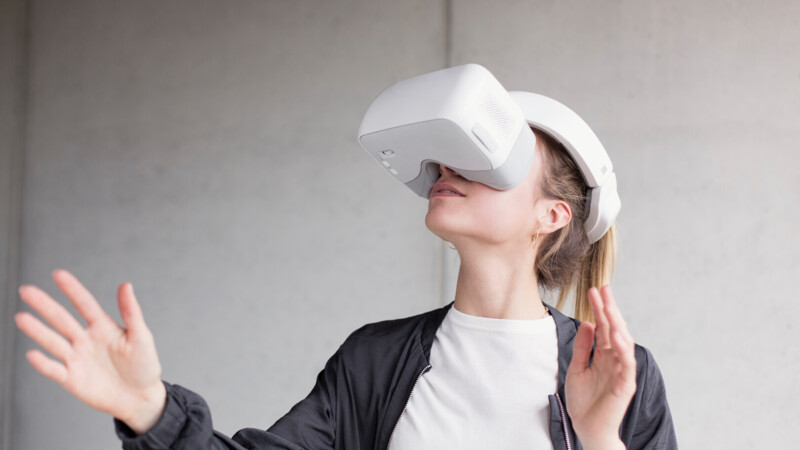Virtual reality has made strides and is now leading to real physical reactions. Virtual sensory impressions perceived by the brain are so real that arachnophobes perspire and suffer palpitations just by touching a creepy-crawly in a VR environment. The "Prosthetics and Orthotics for Mobile and Specific Phantom and Deafferentation Pain Therapy" (PROMPT) now aims to take advantage of that effect.
Many amputees use prostheses controlled by electrical muscle activity based on their remaining nerves. Built-in microvibrators or somatosensory feedback on personal body perception will be provided as part of PROMPT. Various VR games and experiences are used to train the sufferer's sensory perception.




